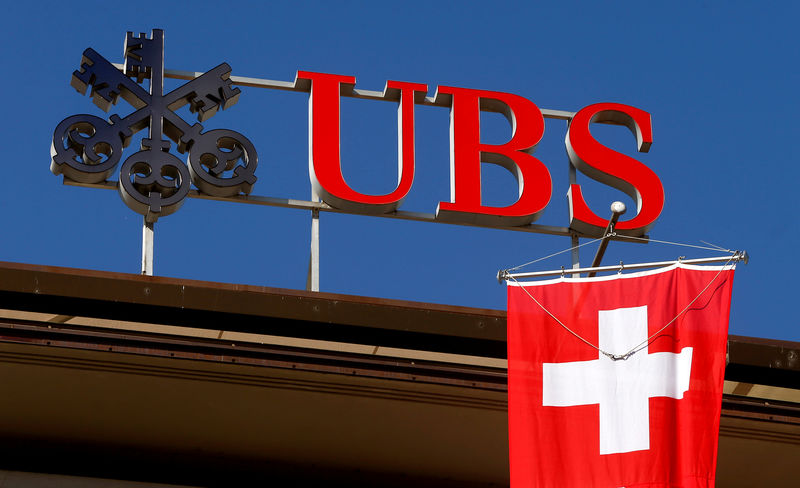Investing.com - French stocks plummeted last week, with the CAC 40 notably losing 6% (its largest weekly decline since March 2022) following the announcement of the dissolution of the National Assembly and the organization of new legislative elections.
In a note published this Monday, UBS addressed the issue, highlighting that the possibility of the far-right party National Rally winning the elections based on public spending promises is worrying the markets and weighing on stocks and bonds.
- ⚠️TOOLS, TIPS, AND AI STRATEGIES FOR SUCCESS IN THE STOCK MARKET! Join InvestingPro to equip yourself with professional tools and follow our AI-managed strategies to boost your stock portfolio and know which stocks to buy regardless of market conditions! CLICK HERE to benefit from a special discount for our readers and take your investments to the next level!⚠️
The bank also noted that the spread between German and French 10-year bonds showed their strongest weekly increase last week since the end of 2011, during the European debt crisis.
UBS analysts further highlighted that the outcome of the elections is uncertain and outlined 4 possible scenarios to help investors better anticipate market reactions.
The first scenario envisaged is an absolute majority for the National Rally, which would allow the party to appoint a prime minister and comfortably pass laws. UBS notes that in this case, the RN's policies would focus on spending aimed at boosting purchasing power, financed by controlling social spending related to immigration.
In the second scenario considered by UBS, the RN would obtain a relative majority in the National Assembly, leading to a complex cohabitation in which the president would appoint an RN prime minister, resulting in political deadlock and thus limited changes.
The third scenario envisions the left-wing Popular Front becoming the largest party in the National Assembly without obtaining an absolute majority. In this case, UBS also expects political deadlock, noting that the party has already indicated it wants to roll back recent pension and employment reforms and increase retirement and purchasing power spending.
In the last scenario described by UBS analysts, Macron's party would manage to maintain a relative majority in the National Assembly, leading to continued difficulties in passing laws without alliances.
Finally, UBS specified that regardless of which scenario unfolds, France's fiscal situation is expected to remain difficult given EU rules, which will severely limit the government's leeway, whatever it may be.
